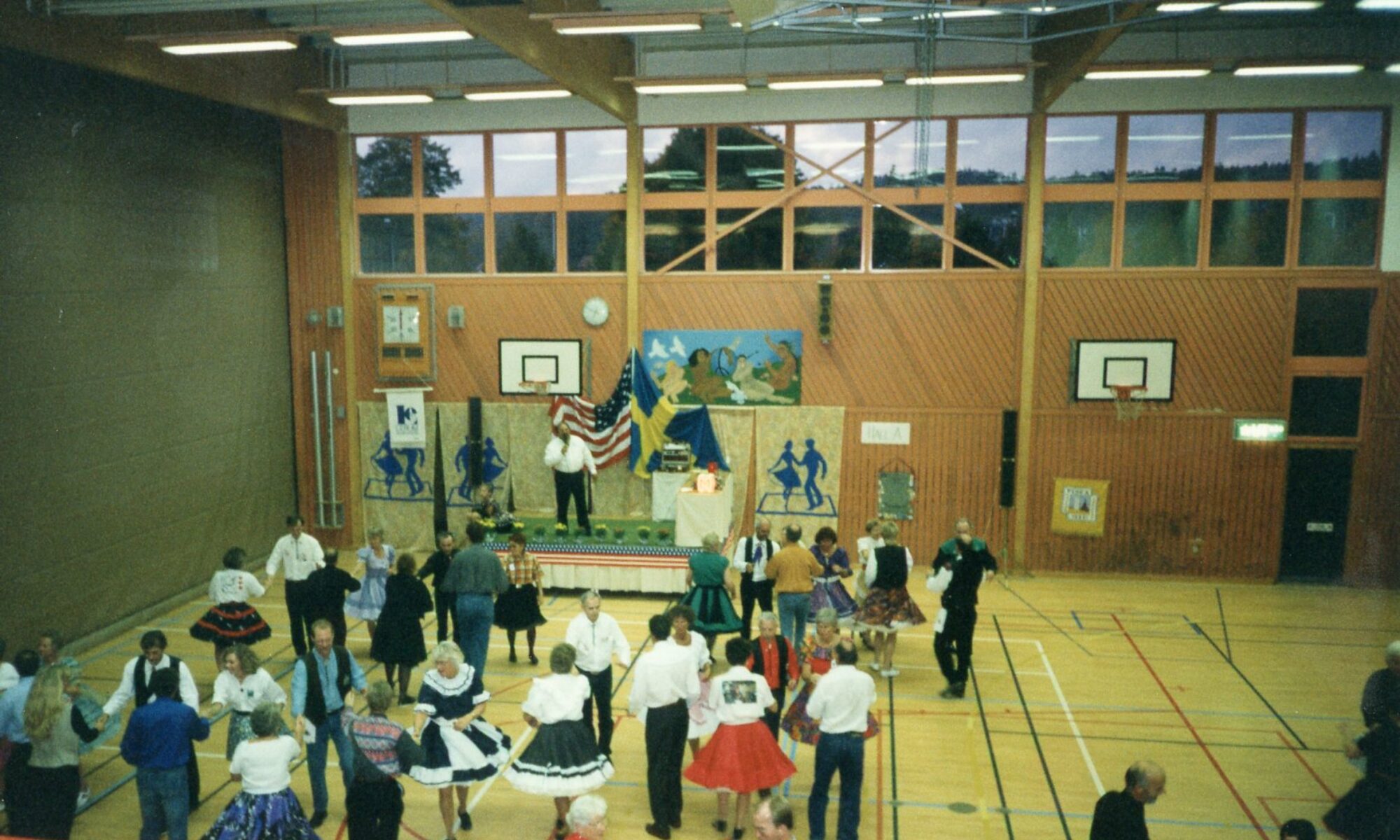Why dating that is online ideal for fulfilling many people, although not necessarily the main one you prefer
Associated
Everyone understands an individual who came across their spouse online. A pal of mine whom I’dn’t noticed in years said recently that she, too, came across her husband on a web dating internet site. They’re joyfully hitched, simply relocated right into a brand new household, and therefore are now referring to beginning a family group.
Whenever I asked her if she thought online matchmaking had been an easier way than offline dating to locate dudes have been more suitable for her — and, consequently, better spouse material — she laughed. “No, because i really couldn’t stay him once I first came across him,” she claims of her spouse. She thought he had been filled with himself and rude throughout their very very first encounter. It surely wasn’t love at very first sight, she said — that took a bit.
To put it differently, relating to my buddy, Web relationship is simply as unpredictable as the version that is non-digital. You never understand exactly just how things are likely to evolve until they are doing. Nevertheless the advantage, she claims, is the fact that dating online provides usage of far more individuals she connected with her future husband than you’d ordinarily ever get to meet — and that’s how.
These findings happen borne call at a brand new study by social psychologists collaborating around the world. The considerable study that is new into the log Psychological Science into the Public Interest desired to respond to some critical questions regarding internet dating, an ever more popular trend which could now account fully for 1 out of each and every 5 brand new relationships formed: basically, how exactly does online dating sites change from traditional, face-to-face encounters? And, significantly, does it cause more productive intimate relationships?
With regards to their 64-page report, the authors evaluated significantly more than 400 studies and studies about them, delving into concerns such as for instance whether scientific algorithms — including those employed by internet sites like eHarmony, PerfectMatch and Chemistry to suit individuals in accordance with similarities — really can trigger better and much more lasting relationships (no); if the advantages of endless mate alternatives online have actually restrictions (yes); and whether communicating on the internet by investing pictures and e-mails before conference face-to-face can market more powerful connections (yes, to some extent).
Overall, the study discovered, Web relationship is a thing that is good particularly for singles who don’t otherwise have numerous possibilities to satisfy individuals. The j date.com industry happens to be effective, of course — and popular: while just 3percent of People in the us reported fulfilling their lovers online in 2005, that figure had risen up to 22per cent for heterosexual partners and 6% for same-sex partners by 2007-09. Digital dating happens to be the 2nd many typical means that partners gather, after fulfilling through buddies. But there are specific properties of internet dating that work well against love-seekers, the scientists discovered, rendering it no longer effective than old-fashioned relationship for locating a pleased relationship.
“There is not any explanation to think that online dating improves intimate outcomes,” states Harry Reis, a teacher of therapy at University of Rochester and another for the study’s co-authors. “It may yet, and someday some solution may provide data that are good show it could, but there is however undoubtedly no proof compared to that now.”
One disadvantage to Web relationship is due to certainly one of its defining traits: the profile. Within the real-world, it will take times as well as months for the mating dance to unfold, as individuals learn each other’s preferences and stumble through the embarrassing but frequently fulfilling means of finding common ground. On line, that procedure is telescoped and front-loaded, packed into a neat small profile that is digital often by having a similarly synthetic movie connected.
That makes a) less mystery and surprise when singles meet face to handle. That’s definitely not a thing that is bad as pages might help quickly weed out of the clearly improper or incompatible lovers (who may haven’t wished for this type of skip switch on those disastrous real-life blind dates?), but it addittionally implies that a few of the pleasure of dating, and building a relationship by learning how to like an individual, can also be diluted.
Additionally implies that b) individuals may unwittingly skip over prospective mates when it comes to reasons that are wrong. The individual the thing is that written down doesn’t convert nicely to a proper, live individual, and there’s no predicting or accounting for the chemistry you could feel with an individual whose online profile had been the exact opposite of everything you thought you desired. Offline, that variety of attraction would spark naturally.
